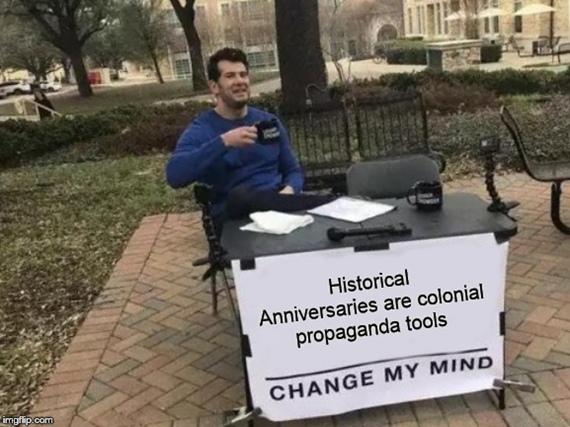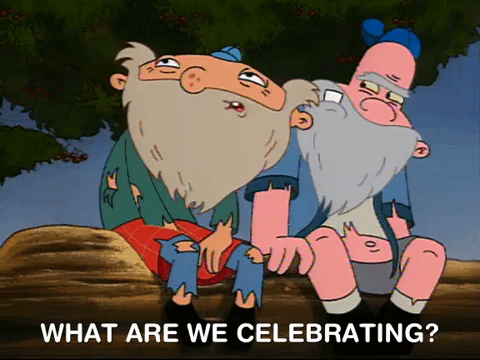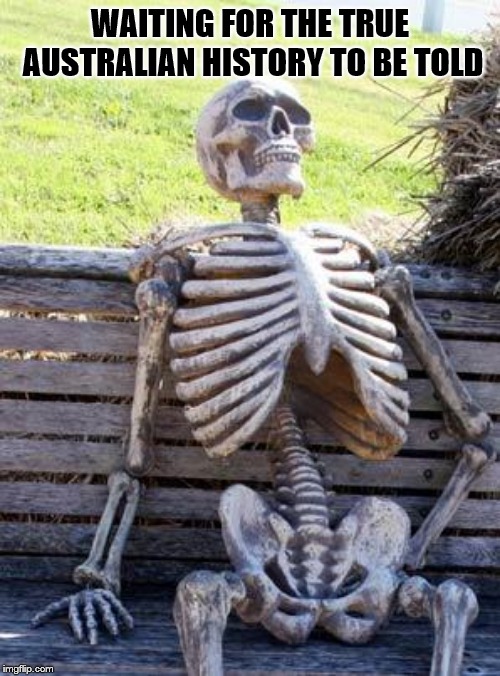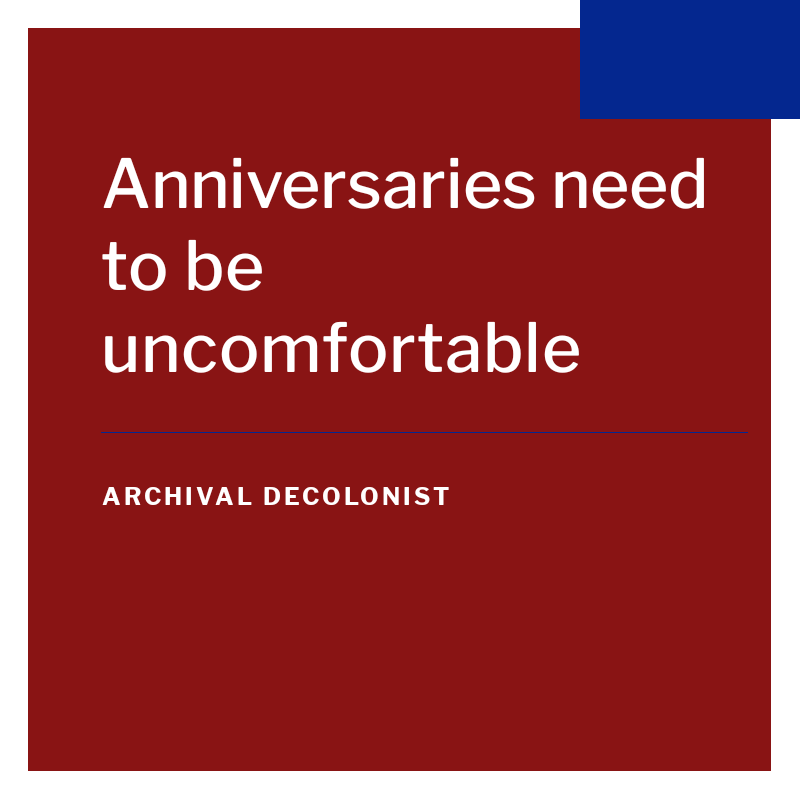This piece was originally read at the Lifted Brow Presents: Works in Progress event 22 Sept 2019

“Anniversaries have to do more than just jog the memory” – Jane Ellison, DCDC 2018 Conference
Nationally, government organisations, such as schools, museums, councils etc, and media outlets often commemorate the anniversaries of events like January 26 or people like Lachlan Macquarie through public celebrations or the building of statues. If you ask why we have these celebrations, many colonisers will say it is to remember our history and to reflect upon it, but I believe this is rarely the case. Anniversaries and national celebrations are more about erasing history than remembering it as they rely heavily on the suppression of the dark parts of australian history, especially in regard to First Nations history
This is a problem because anniversaries do provide an opportunity to better understand the present and better understand the historical context which we live in. Especially, in terms of oppressive structures. Which could be a call to action to make the present better.
However, this does not happen often because many anniversaries were not created to be conversation starters or to be cautionary tales of White supremacy, many anniversaries, particularly the nationalistic ones, were created and exist to maintain australia’s self-image of innocence by celebrating colonisation and colonisers in spite of the suffering First Nations people have experienced and continue to experience.
Because of this, the dates and the historical figures celebrated become symbols that represent an idealised version of australian history rather than actual events or people. Consequently, the truth become arbitrary and history becomes whatever justifies the colony’s oppressive structures and makes Non-Indigenous australians feel proud and not guilty.
This can explain why when Nationals Deputy Leader, Bridget McKenzie in attempting to explain why the country celebrates “australia day” on January 26 said it was because January 26 was the day James Cook stepped ashore on these lands, when the actual date the stepped ashore was April 29 believe because it did not matter to her as she was defending an ideology not a date. History or truth didn’t matter to her.

This is also why James Cook is celebrated as a symbol of australia and australia-ness even though “australia” means very little to him as he died 9 years before the First Fleet came to these lands and died 122 years before the inauguration of the Commonwealth of australia. Similarly, it is why many people will tell you James Cook is important but would not be able to tell you where he came from or how old was he when he came to these lands.
Yet these symbols and the anniversaries associated with them could be tools to get more people to understand something that many First Nations people know well, which is that we are living in the product of history and that the events of the past are connected to our actions and experiences of today. Thus, anniversaries could be a catalyst to help us understand how australian colonial oppressive structures were formed so we know how they operate currently and how to abolish them.
Nevertheless, this cannot happen unless challenging history is told, unless First Nations history is told. For this to happen there needs to more and more space for the mainstream narrative to be challenged.

If this is not done, then anniversaries will remain as propaganda tools which only glorify and proliferate a misrepresentation of the founding and building of “australia”. As result they will remain tools of oppression and celebrations of ongoing invasion and genocide for First Nations people.
There’s that old saying “those who do not learn history are doomed to repeat it.” Nonetheless, there are many Non-Indigenous australians who do not want learn history because they do not want the guilt associated with that knowledge. Additionally, there are those who benefit from history repeating itself and want it to continue so they not only do not learn history they prevent others from learning it too. Both these positions prevent the actions needed to rectify history and historical injustices faced by First Nations people.
This is important because next year is 2020 which is the 250 anniversary of James Cook coming to the East Coast of these lands and claiming them on behalf of the crown. It is only a miniscule part of the 100,000 + year of human history of these lands, however as a colonial cultural marker, it will be highly commemorated and celebrated throughout the year. Because of this, 2020 could be a very intense year for the First Nations people of these lands as the injustices we faced and facing are ignored while our 100,000 + years of history is barely acknowledged and the lie of European discovery is continuously repeated.
That being said, I do think 2020 could be an opportunity to get mainstream australia to question what they are actually celebrating and why by presenting different narratives. Which might get more people to be critical of the history they have been taught and that may empower more people to be critical of current misrepresentations of the truth by the media and government organisations. This will require many Non-Indigenous australians to engage with uncomfortable truths but the change needed may come for this discomfort and action may come from this discomfort. And we need change, we need action and we don’t need national self love.
“good or bad, the past is a fact, and it often holds the keys to who we are in the present, and who we’re likely to become in the future.” -Tim Wise, 2004

[…] Sentance, N. (2019). “Anniversaries need to be uncomfortable, Archival Decolonist. Available at https://archivaldecolonist.com/2019/11/06/anniversaries-need-to-be-uncomfortable/ […]
LikeLike
[…] they are also necessary attacks upon the continuing pageantry of white supremacist, colonialism. Writing about national anniversaries – but directly relatable to monuments and statues – Wiradjuri man Nathan Sentance states that […]
LikeLike
[…] they are also necessary attacks upon the continuing pageantry of white supremacist, colonialism. Writing about national anniversaries – but directly relatable to monuments and statues – Wiradjuri man Nathan Sentance states that […]
LikeLike
Just caught up with this in Jan 2024. Timely as I’m hoping to post about 2024 Bicentennial of the Declaration of Martial Law in Wiradjuri country and wondering if the Admin of the sites I’m targeting allows them to stand and for how long. Look forward to reading more.
LikeLike